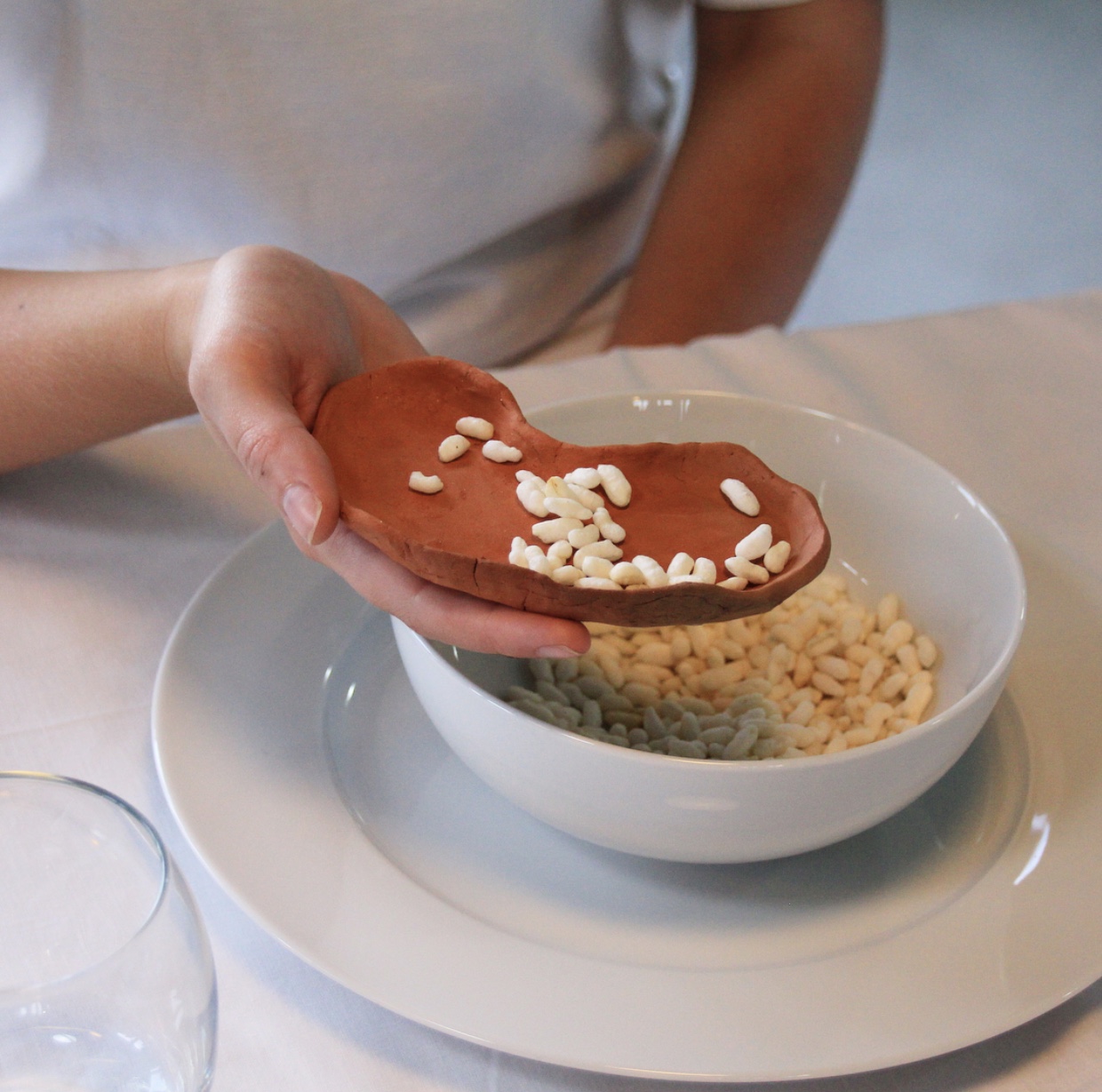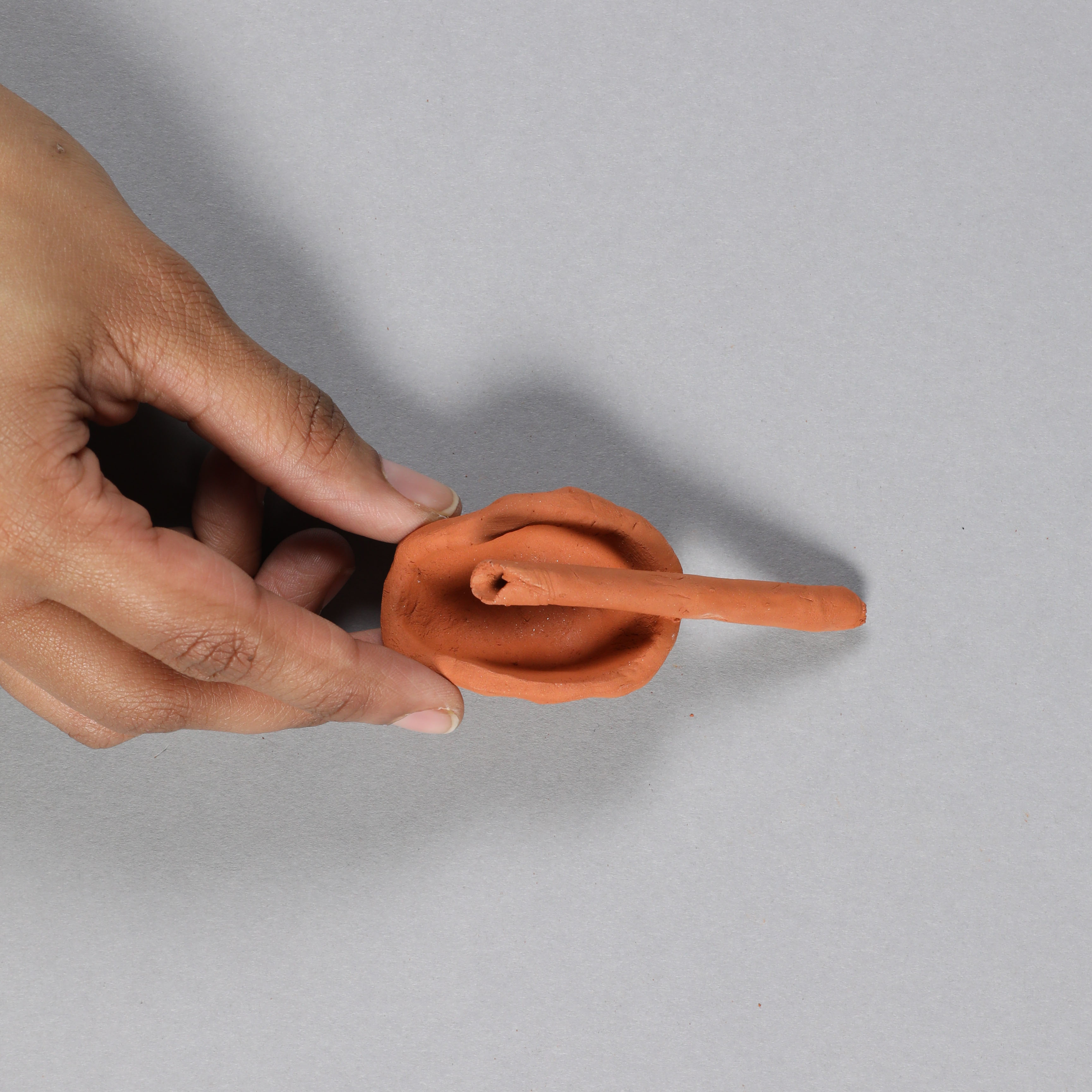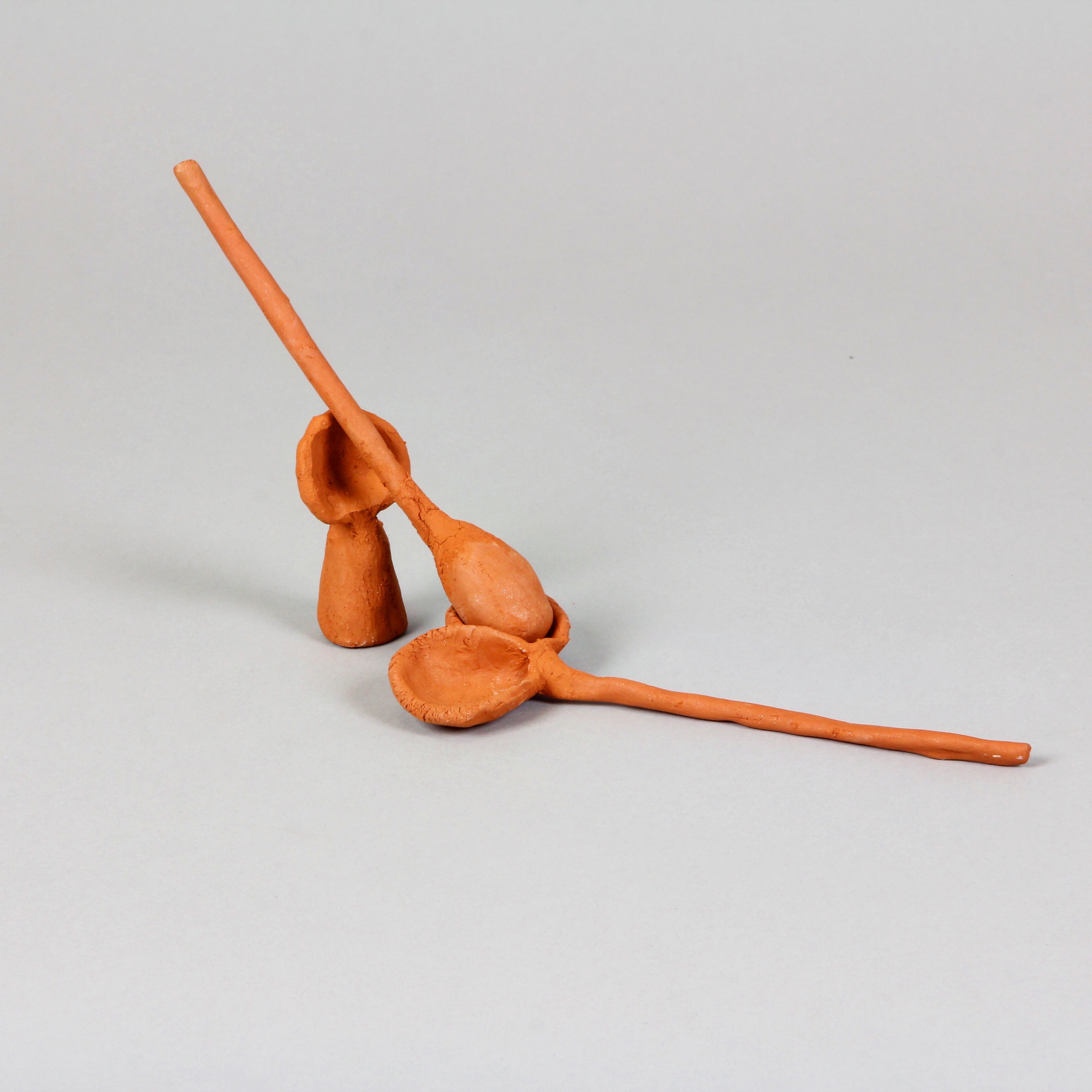“E. A. T” is an anthropocentric study, that interrogates the act of eating as a combinatorial of our progressing evolution, aesthetics and technology. It accepts the finding that eating is, and will always be, inherently ritualised.
By reflecting on the conviviality of our eating implements, it begets a contemporary conversation about their future interpretation and influence. Through this study, E. A. T attempts to use Design Research as a tool to explore the fundamental relationships between humans and eating tools.
By looking at how the design of such objects is carefully considered to enable the fulfilment of their purposed capacities, it investigates into how the habituation of such interactions unconsciously shape our other related experiences and social preconditioning.
Food increases our reciprocity with one another, intermediating valuable real time interactions that help us harmonise and bond as social units. Our coalescent operation of eating has imminent socio-cultural, eco-political and eventual environmental impacts.
Within this ceremony, the tools used for eating, become part of a larger system of mechanisms in place that arbitrates more than just the food to mouth delivery system. Conventions and norms specify the procedure of consumption, and we adhere to these unwritten rules very strictly - whether out of habit or conformity.
The communal act of eating has thereby distinguished itself from other generic activities; underscoring an additional value to the settings and tools used in its process. The spoon is an archetypal tool that has very well assimilated into our living.
E. A. T tries to unravel ideas of it and its preconditioning by engaging a speculative study of the future form and functionality through the aesthetic capacities of design. By presenting a perspective on possible future foods and eating experiences, E.
A. T argues for cultural engineering motivated by factors ranging from personal health concerns to global resource depletion. It aims to activate an internal dialogue that acknowledges our own complicity in preconditioned ritualistic behaviour.
It questions the tacit acceptance of the normative while preempting certain necessary re-interpretative adaptations to the inheritance of our conditioning. Therefore, holding currency in the field of Design Anthropology, it opens a discursive conversation with the subliminal elements that operate us.






